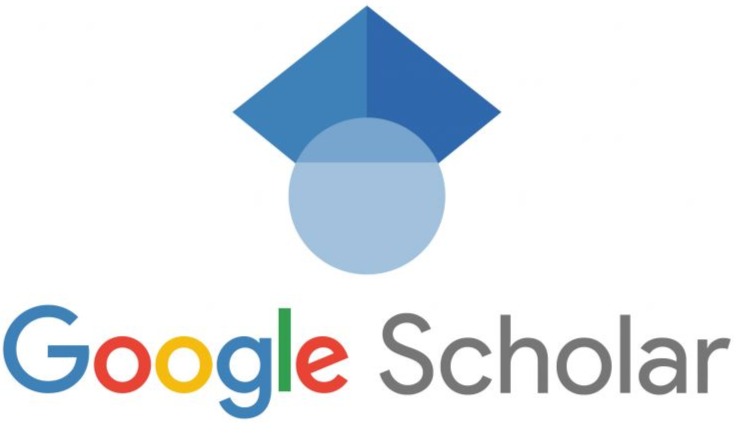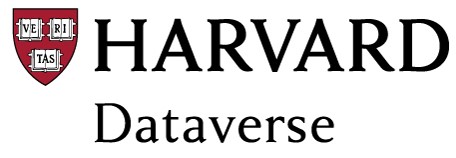Peer Review Process Policy
The journal employs a double-blind peer review system, where the identities of the reviewer and author are concealed throughout the review process.
1. Pre-Submission and Predatory Citation Prevention
Please review our Policy for the Prevention of Predatory Citations in Journals before proceeding with your submission.
2. Initial Editorial Assessment
All contributions will be assessed by the Editor-in-Chief and the Editorial Board to evaluate the relevance of the article to the journal’s scope, formatting aspects, and the submission of a signed “declaration of responsibility and conflict of interest” by all authors. If inconsistencies are found, submissions will not be evaluated, will be archived, and authors will be informed for a new submission following the journal’s guidelines.
3. Peer Review Assignment and Decisions
If deemed suitable after editorial assessment and predatory citation verification, submitted articles will be immediately sent to two reviewers with experience and professional competence. The reasoned opinions will be considered by the Editor-in-Chief for the final decision to:
- Accept the manuscript for publication.
- Accept the manuscript for publication with changes and corrections.
- Reject the manuscript.
4. Reviewer Timelines and Criteria
The Editor-in-Chief will request a 30-day response time from the reviewers. Evaluation criteria include originality, contribution to the knowledge area, methodological adequacy, clarity, and timeliness. Manuscripts accepted for publication may undergo editorial revisions for clarity and understanding without altering their content.
5. Revision and Re-Evaluation
If the article is evaluated and modifications, corrections, or additions are requested, authors have 20 calendar days to submit the new version. A new round of evaluation will be conducted with the same reviewers from the first round, who will have 30 days to provide a new opinion. In case of disagreements, a new reviewer may be consulted, with 30 days to issue an opinion. This evaluation of the new version does not imply acceptance of the article by the journal.
6. Legal Compliance and Final Version
The submitted article for publication must comply with Copyright Law, nº 9.610, of February 19, 1998. Accepted articles are prepared for publication, and the final version will be sent to the authors for acknowledgment.
























